The meat-free category could be set to face a major shake-up, if Nestlé has anything to do with it.
That’s the message from the fmcg giant, which this week unveiled plans for a swathe of plant-based NPD, including vegan egg, shrimp and fish alternatives.
It comes after Nestlé recently announced its intentions to explore cultured meat, with the supplier working with “several external partners and startups” to develop its capability.
And it’s not stopping at meat alternatives. Having already rolled out a vegan Kit Kat and a vegan version of Carnation condensed milk, Nestlé plans to ultimately offer a plant-based extension for all its brands, spanning nearly every category of fmcg.
Nestlé has also recently shaken up its NPD development process, with an eye on being able to trial products on shelf just six months from conception.
According to its CTO Stefan Palzer, 10% of the business’ R&D resources are now focused solely on plant-based, with a legion of scientists working to make sure its launches are ahead of the market in terms of taste, texture and nutrition.
Nestlé CEO Mark Schneider was bullish about the new plant-based strategy, declaring this week: “The only true data is real people spending real money on a real product and then liking it and purchasing it again.”
All of which is sure to be watched closely by the established leaders of the meat-free category in the UK.
It’s fair to say the likes of Nestlé have not been at the forefront of plant-based innovation in the UK, where the charge has been led over recent years by agile, smaller – and more premium – brands such as Beyond Meat, Meatless Farm, Moving Mountains, and This.
Indeed, Nestlé’s main plant-based brand, Garden Gourmet, was actually absent from UK supermarket shelves for the past two years (though it has performed strongly abroad), having been delisted by the supplier in 2019, with Nestlé admitting it had “not been as popular as we had hoped” on these shores.
Two years off the market is a lot of soul searching. But the signs suggest Nestlé has learned its lesson. The brand returned to the UK this September with a host of re-engineered SKUs and big plans to shake up the ruling order of brands. And it is convinced it has the product – and the ability to flex on price – to take the category to a whole new audience.
“We did not invent the plant-based hamburger or chicken but ours right now will meet everyone around the world when it comes to taste, mouthfeel and most importantly nutrition,” Schneider said.
Crucially, Nestlé is hoping to win shoppers over by playing up the fact its new products have significantly fewer ingredients than rivals and employ natural flavourings whenever possible – thus dodging the common criticism that plant-based products are “too processed” or contain too many complicated ingredients.
In short, “we think we are matching startups absolutely with the final quality – if you look at what some of them are using… it’s a very long list [of ingredients]”, said Palzer.
Its plant-based shrimp, for instance, are made from soy, flavoured with bell peppers, paprika and carrot, while its egg replacement contains soy protein, carrot juice and water with natural flavourings.
Plus, being a global food and drink leviathan, Nestlé has the price flexibility to battle the premium players if it wants to compete by that metric.
In any case, the message is clear from its moves this week: in the next stage of the battle for meat-free domination, Nestlé is picking the grounds it wants to fight on. Its rivals may find it a far tougher opponent this time around.








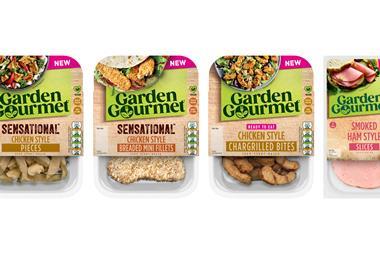
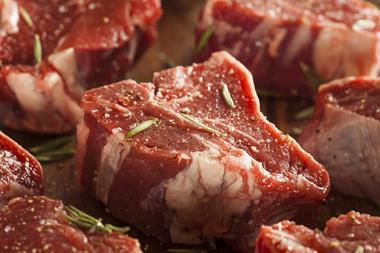
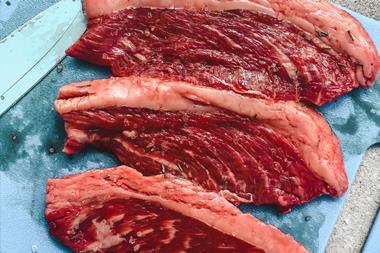
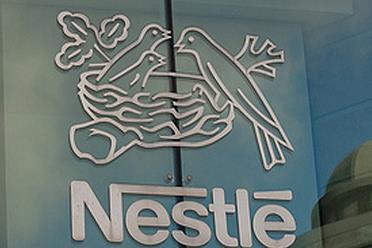
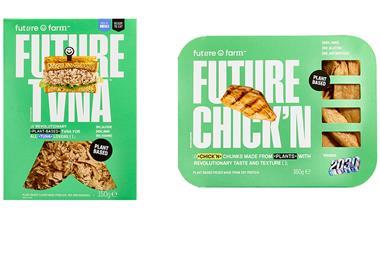
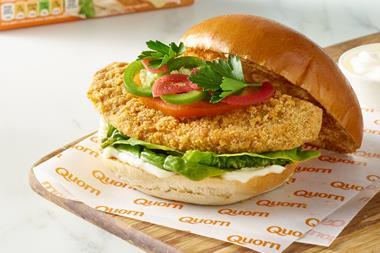



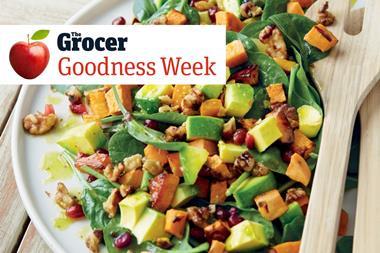


No comments yet